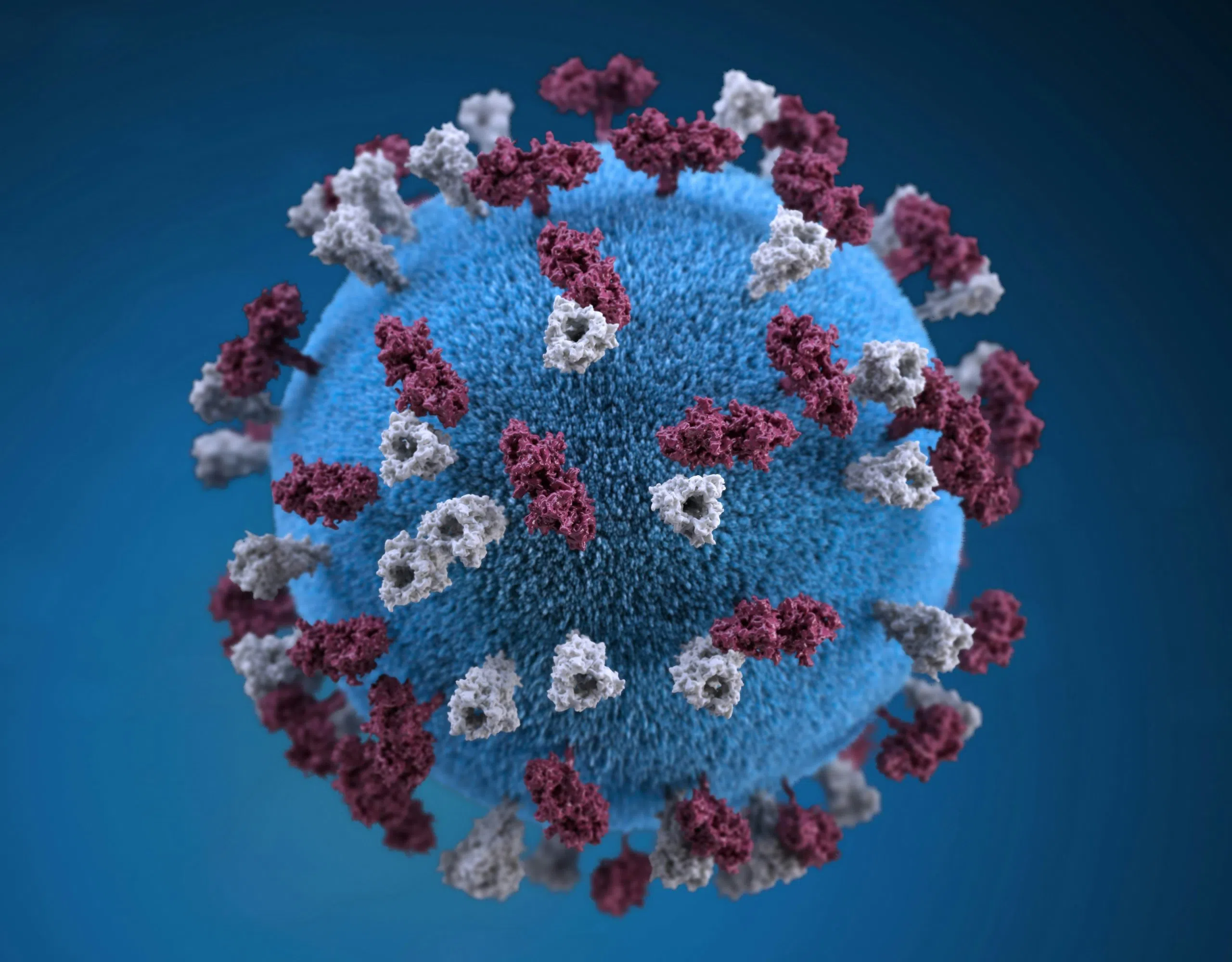Nova Scotia Health is advising any residents traveling to Europe over the upcoming March Break to ensure their measles vaccinations are up to date.
The surge of measles cases in Europe, with over 42,200 cases in 2023 compared to fewer than 1,000 in 2022, poses a significant risk for Canada due to high rates of global travel and low vaccination rates.
Public Health Official Dr Ryan Sommers, says Nova Scotians with European travel plans should either ensure their vaccines for measles are up to date prior to traveling or to book an appointment if they’ve never had a measles vaccination.
“Although we typically advise getting the shot two weeks before travel, it will still be effective in reducing the risk of contracting measles,” said Dr. Sommers. “The first shot is about 85 per cent effective in stopping the transmission of measles, then it’s nearly 100 per cent after your second shot,”.
Measles vaccinations can be provided by your family doctor, or some select pharmacies in the event you do not have a family doctor.
Health tips for traveling to the Caribean
Dr. Sommers says there aren’t any acute health concerns Nova Scotians should have traveling to the Caribbean for March Break but there are still some good practices everyone should utilize.
“Wear your seatbelt and helmet when warranted,” Dr. Sommers says, “The number one cause of health issues when traveling South are injury related, people are often more active when they travel so we just want them to be doing everything as safely as possible,”.
Drinking water shouldn’t be a concern in most resorts and hotels, however, Dr. Sommers says the risk increases when you go off resort, and he advises drinking bottled water when in unfamiliar locations.









